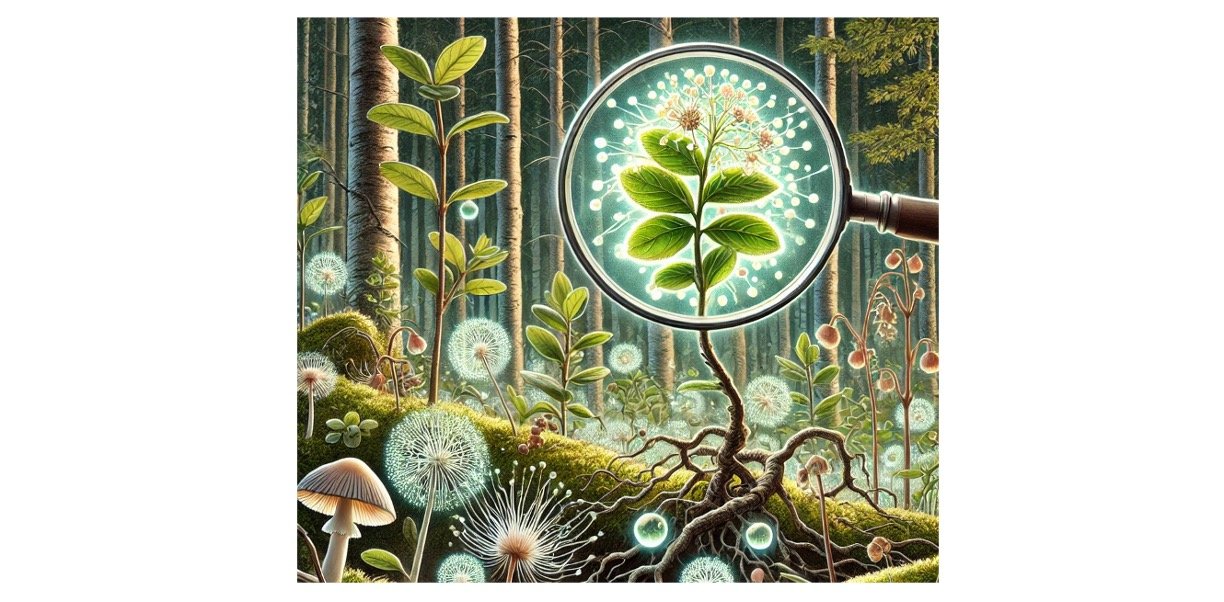Zoology Definition
The word comes from the Greek words zôion (“animal”) and lógos (“knowledge”).
The study of the anatomy, physiology, development, and categorization of animals is a field of biology that deals with animals and animal life.
The study of animal anatomy, physiology, development, and categorization is included in zoology, a field of biology that deals with animals and animal life.
A zoologist is a professional who specialises in the discipline of zoology. The father of zoology, Aristotle, is revered.
It is divided into several sub-disciplines:
• Anatomy of animals (concerned with the anatomical features of animals)
• Physiology of animals (deals with the physiological processes in animals)
• Histology of animals (concerning the study of animal tissues)
• Embryology of animals (focused mainly on studying animal embryos)
• Taxonomic classification (including identification and classification of animals, and therefore encompasses fields such as mammalogy, herpetology, ornithology, entomology, ichthyology, invertebrate zoology, etc.)
• Zoogeography is a term that refers to the study of animals (concerned mainly with the study of animals and their habitats).
• Anatomical comparison (deals with the similarities and differences in the anatomy of different species)
• Ethology (the study of animal behaviour) is a branch of ethology.
Veterinary medicine is a closely connected subject. It is a field of medicine that deals with the illnesses and treatment of non-human animals in particular.
Zoology Citations
Share












